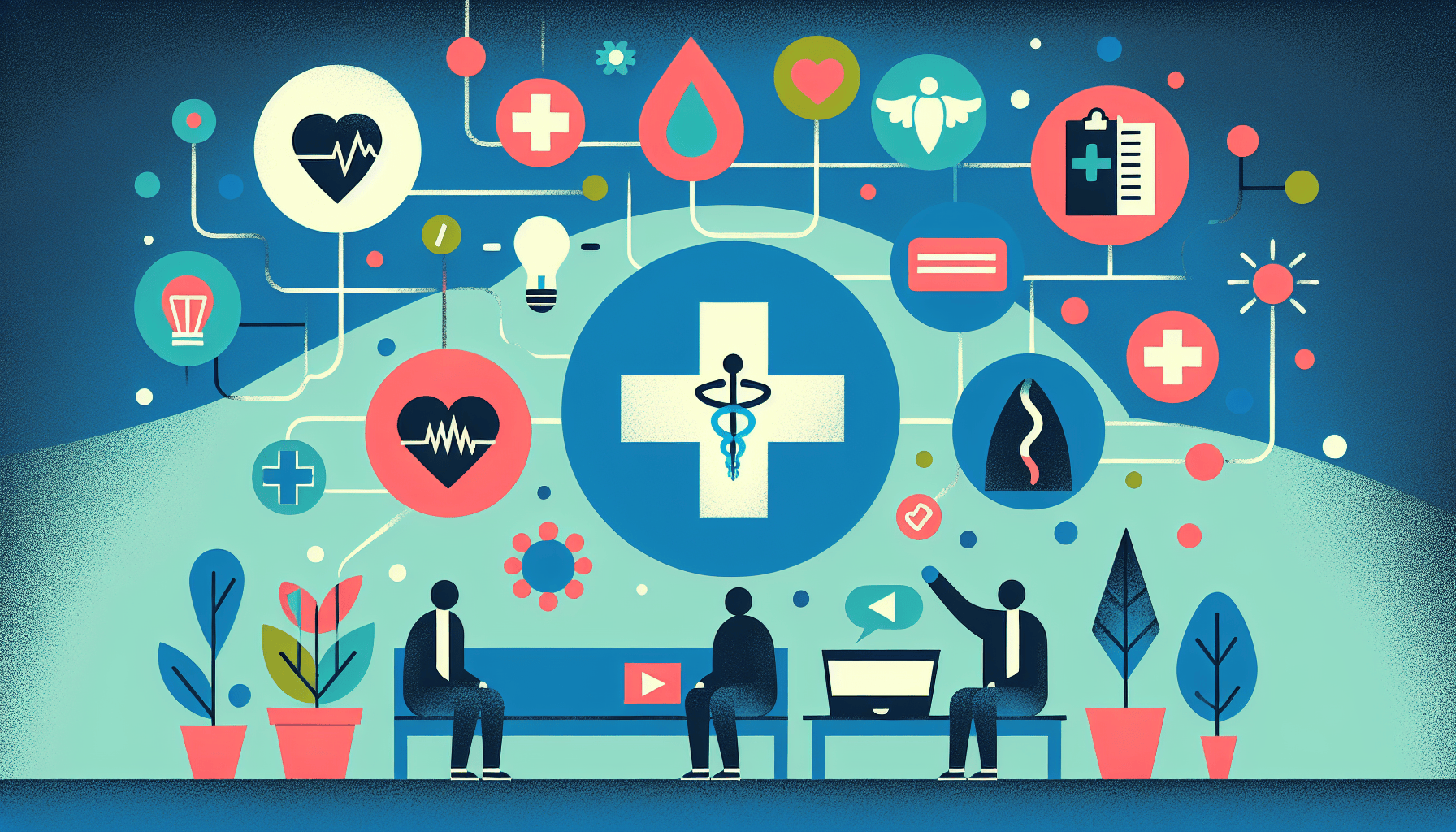If you've recently visited your doctor for a routine check-up, you may have been surprised to find a new addition to the usual process: a depression screening questionnaire. This is because the U.S. Preventive Services Task Force (USPSTF) has recently updated its recommendations, advising that all adults should be regularly screened for depression.
What Is the U.S. Preventive Services Task Force?
The USPSTF is an independent panel of experts in primary care and prevention that systematically reviews the evidence of effectiveness and develops recommendations for clinical preventive services. Their recommendations are considered the "gold standard" in preventive care.
Why the Change in Depression Screening Recommendations?
The USPSTF's previous recommendation, released in 2009, advised depression screening only in clinics or for doctors who had adequate support systems in place to provide mental health care for those identified with depression. However, recent studies have shown that primary care clinicians can effectively manage mild to moderate depression, often just as well as specialist care from psychiatrists.
What Does This Mean for You?
If you're an adult, you can expect to be screened for depression during your regular check-ups. This typically involves filling out a short questionnaire about your mental health. Your answers will help your doctor determine if you may be experiencing symptoms of depression and if further evaluation or treatment is needed.
Benefits of Regular Depression Screening
Early detection and intervention
Improved access to mental health care
Reduced stigma surrounding mental health issues
Better overall health outcomes
It's important to remember that a positive screening result does not necessarily mean you have depression. It simply indicates that you may benefit from a more thorough evaluation. If you are diagnosed with depression, your primary care doctor can work with you to develop an appropriate treatment plan, which may include therapy, medication, or a combination of both.
For more information on depression and mental health, visit:
By incorporating regular depression screening into primary care, the USPSTF hopes to improve the detection and treatment of this common and often debilitating condition. If you have any concerns about your mental health, don't hesitate to discuss them with your doctor. Remember, your mental health is just as important as your physical health, and there is no shame in seeking help when you need it.
The Bottom Line
Early identification through routine screening has made mental health treatment more accessible and effective, with most cases successfully managed by your regular doctor. The key is honest communication about symptoms and consistent follow-through with recommended treatment plans. If you're experiencing persistent mood changes or have concerns about screening results, Doctronic can help you understand your options and next steps.



